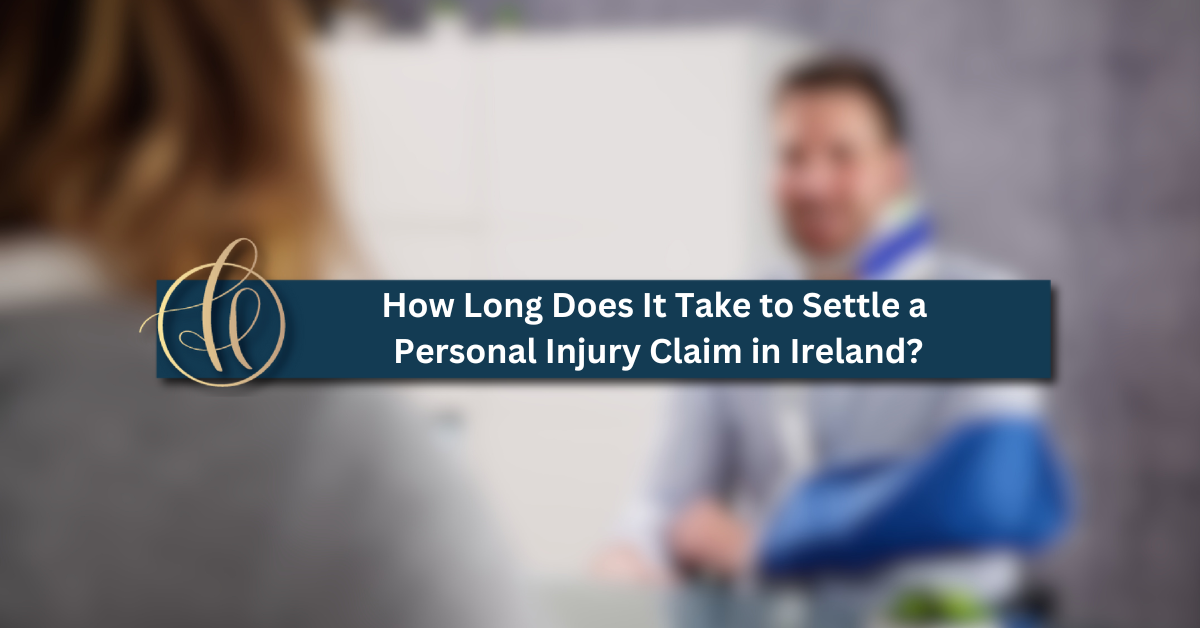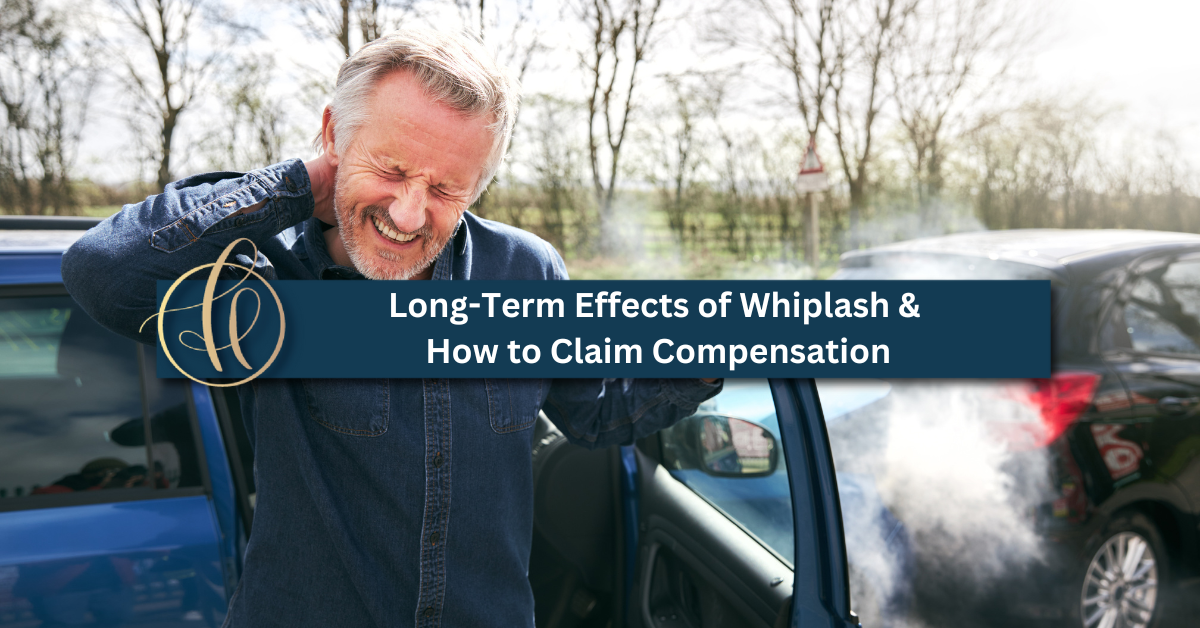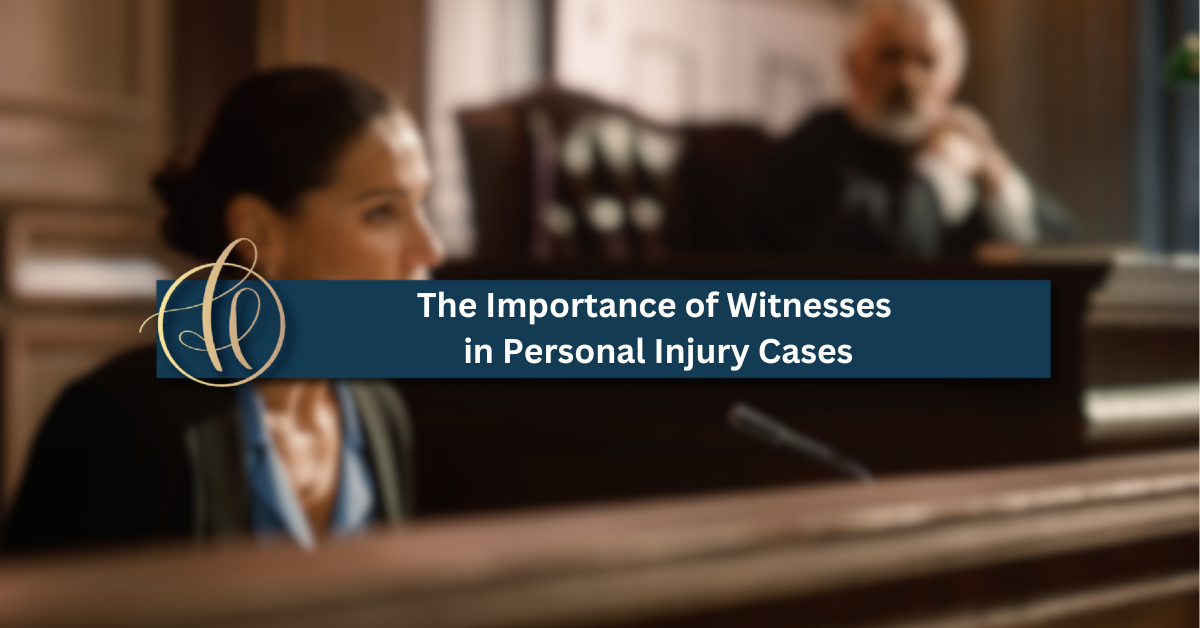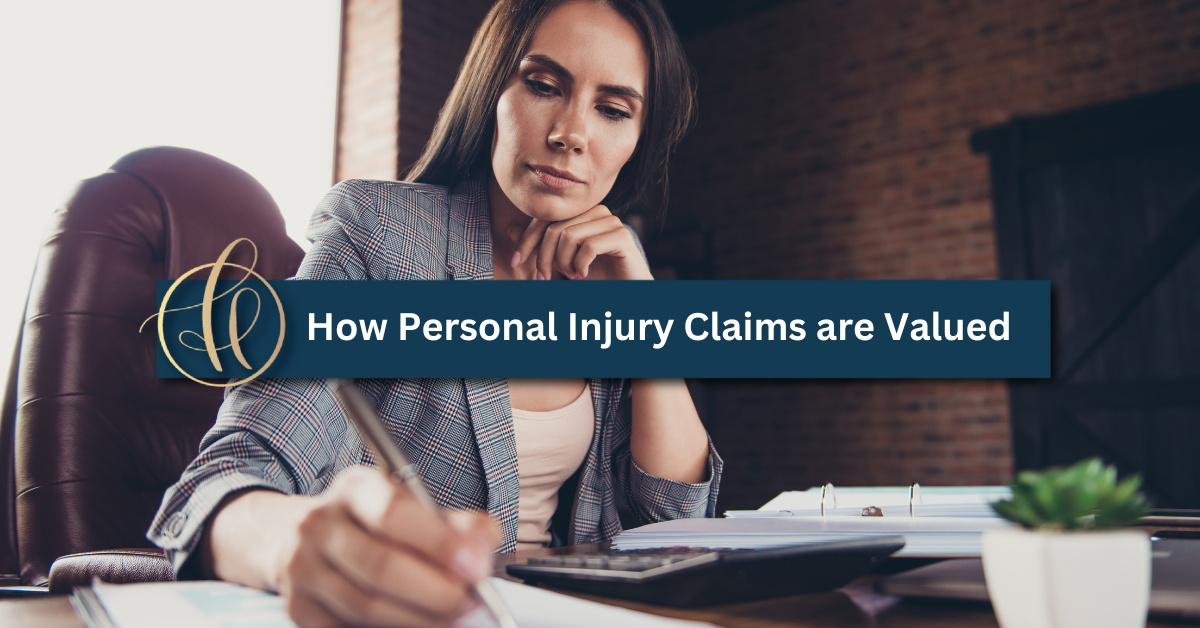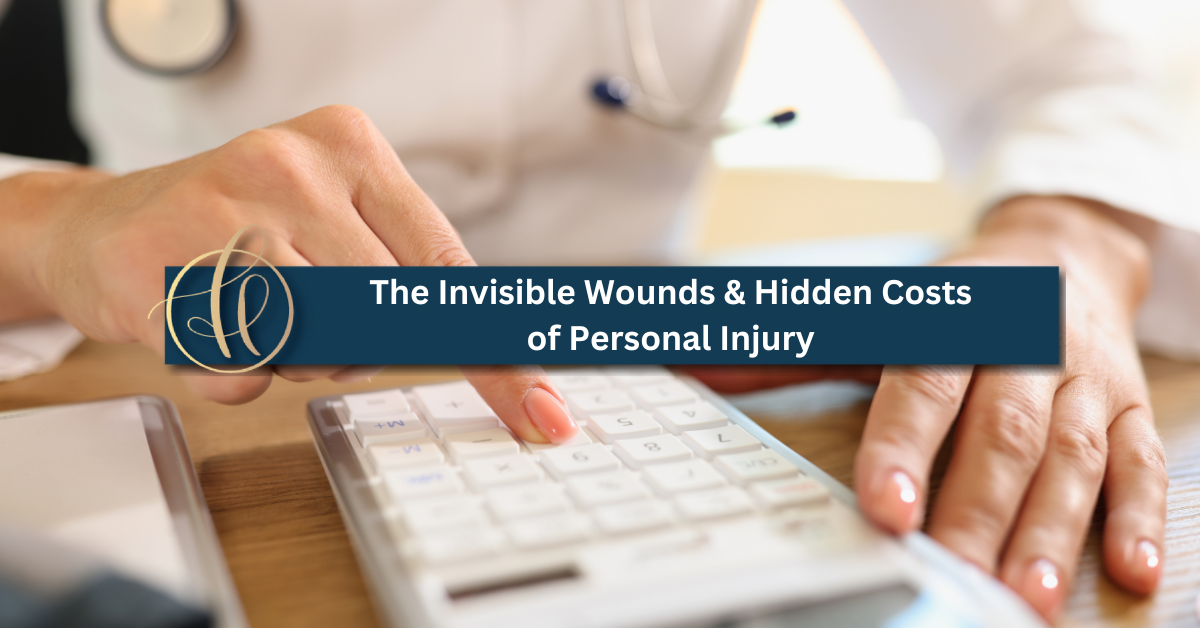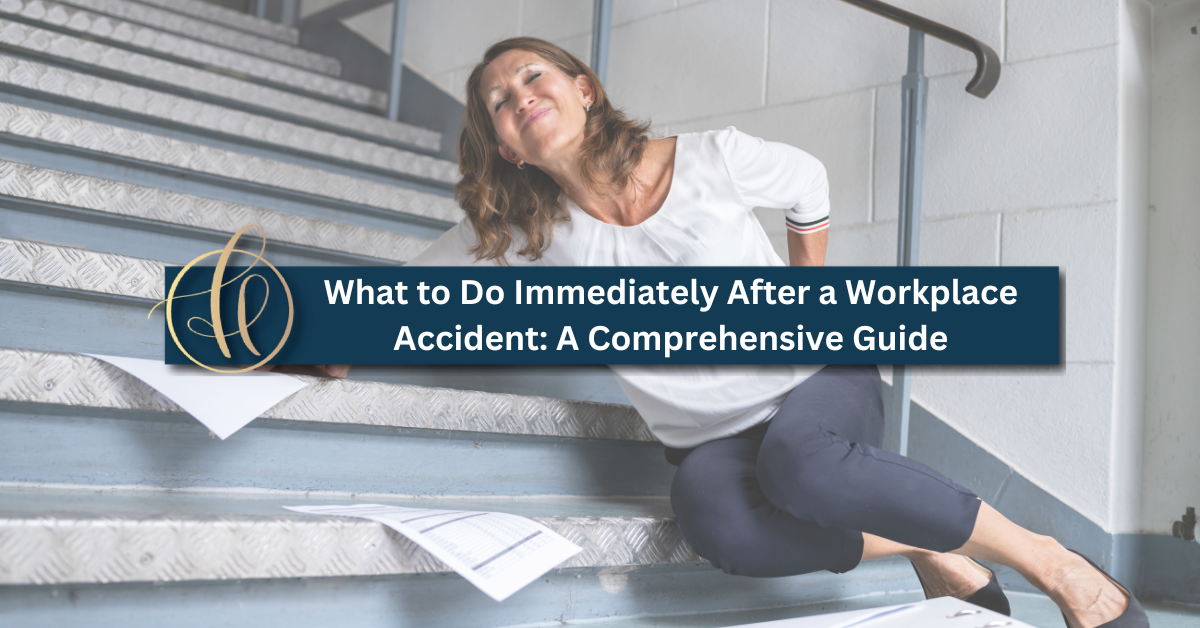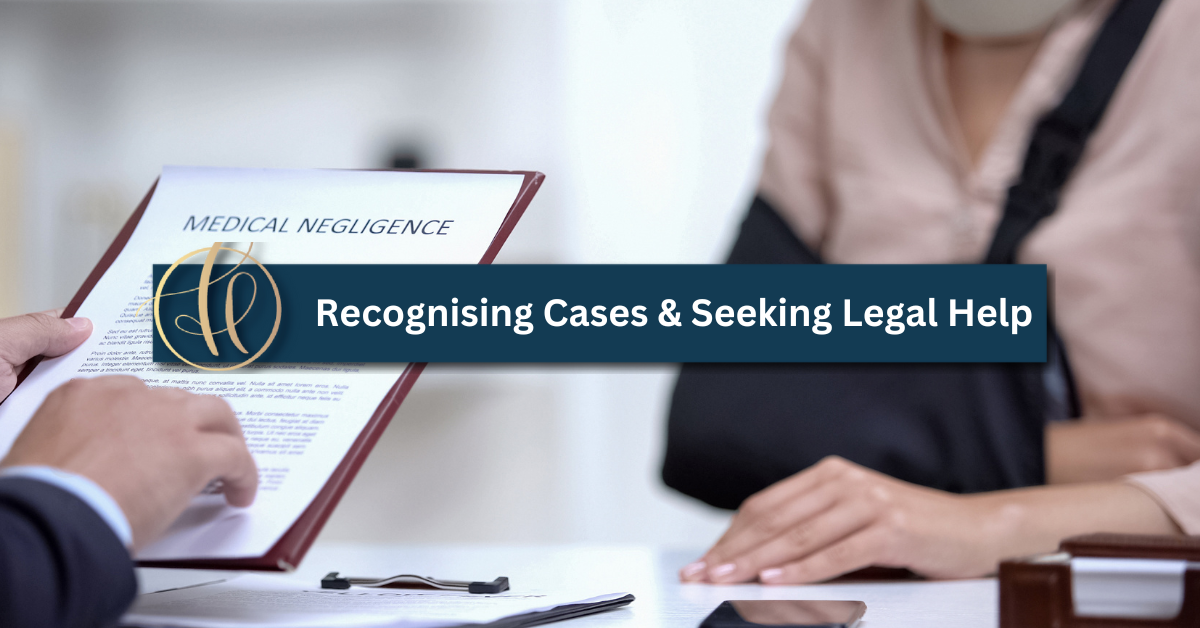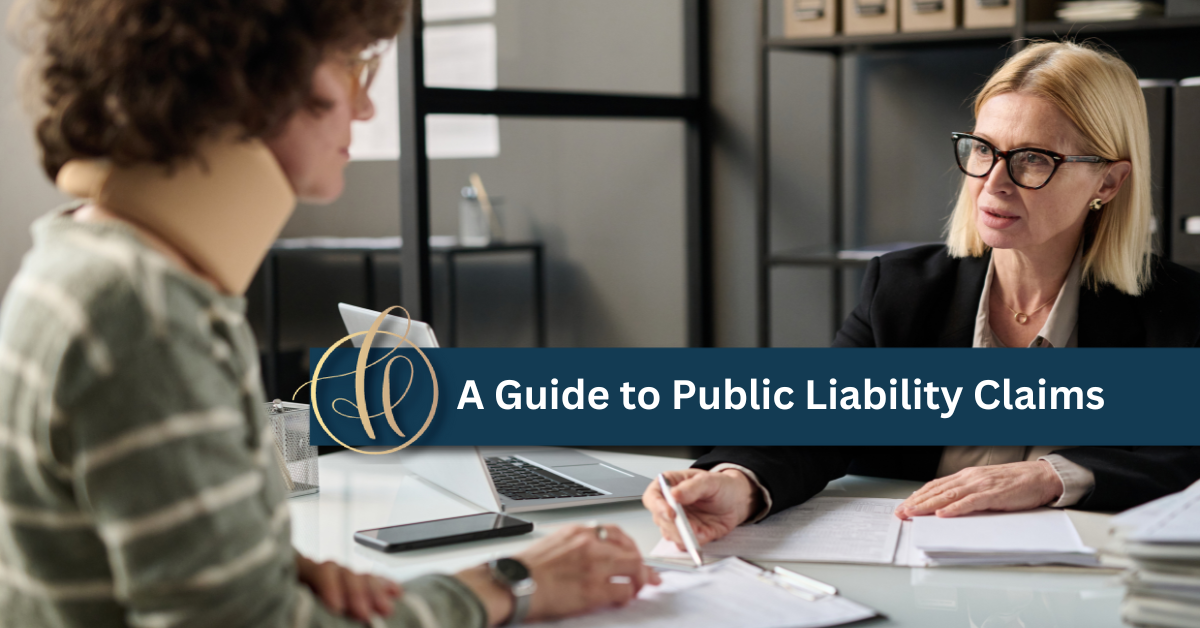Introduction: Understanding the Timeline for Personal Injury Claims in Ireland
When you’ve been injured due to someone else’s negligence, the road to recovery often involves more than just physical or emotional healing—it may also require seeking compensation through a personal injury claim. But how long does it actually take to settle a personal injury case in Ireland? While the answer varies depending on several factors, understanding the general timeline and key steps involved can help manage your expectations.
At Martin A. Harvey & Co., we have guided countless clients through the claims process. In this blog post, we’ll explore the typical timeline for a personal injury claim in Ireland, from the initial filing to reaching a settlement or court verdict, as well as the factors that may influence how long the process takes.
Step 1: Seek Medical Attention and Gather Evidence (Immediately After the Accident)
Before even beginning the claims process, the first priority is your health. Seek medical attention immediately after the accident, regardless of how minor your injuries may seem. Medical records not only ensure your health is being properly cared for but also serve as crucial evidence for your claim.
Simultaneously, gathering evidence from the accident scene is vital. This includes photographs, witness contact information, and any reports made to authorities (e.g., Gardaí or workplace incident reports). This initial stage should ideally happen as soon as possible after the accident, as delays could complicate your claim.
Estimated time: Immediate to 1–2 weeks (depending on recovery and the ability to collect evidence).
Step 2: Consult a Personal Injury Solicitor (1–4 Weeks Post-Accident)
Once you’ve sought medical care and gathered evidence, it’s time to contact an experienced personal injury solicitor. Your solicitor will assess the details of your case, advise on its merits, and begin preparing your claim. This process includes:
- Reviewing evidence and documentation.
- Collecting additional supporting evidence, such as medical reports or witness statements.
- Advising on the likelihood of a successful claim.
At Martin A. Harvey & Co., we work closely with clients to ensure all paperwork is in order and that claims are filed correctly from the start.
Estimated time: 1–4 weeks after the accident.
Step 3: Submit the Claim to the Personal Injuries Assessment Board (PIAB) (Within 2 Years)
In Ireland, most personal injury claims must be submitted to the Personal Injuries Assessment Board (PIAB), which assesses claims and proposes compensation amounts. You must file the claim within the statute of limitations, which is typically two years from the date of the accident. The submission process involves:
- Filling out an Application Form (Form A) detailing the accident and injuries.
- Paying a small application fee.
- Submitting a Medical Report (Form B) from your doctor.
Once submitted, the PIAB will notify the other party (the respondent) of your claim.
Estimated time: Filing the claim usually takes 1–2 months after consulting your solicitor.
Step 4: PIAB Assessment Process (7–9 Months)
Once the claim is submitted, the PIAB assessment process typically takes 7–9 months. During this time, the board may:
- Review all documentation, including medical records and evidence provided by both parties.
- Arrange an independent medical examination if required.
- Assess liability and calculate an appropriate compensation amount.
At the end of the assessment, the PIAB will make an Award of Compensation. Both parties (the claimant and the respondent) must decide whether to accept or reject this award. If both parties agree, the case is settled.
Key factor: If either party rejects the PIAB award, the case moves to court proceedings, which can significantly extend the timeline.
Step 5: Settlement Negotiations (Ongoing Throughout the Process)
In many cases, claims are resolved outside of court through negotiations between your solicitor and the respondent’s insurance company. Settlement discussions can take place:
- During the PIAB process.
- After the PIAB issues an award, if either party rejects it.
- Before the case goes to court.
Settlement negotiations often expedite the process, as both parties avoid the time and costs associated with litigation.
Estimated time: Settlement negotiations may conclude within weeks or months, depending on the complexity of the case.
Step 6: Court Proceedings (1–3 Years if Necessary)
If a settlement cannot be reached or the PIAB award is rejected, the case moves to court. The timeline for court proceedings depends on several factors, including:
- Court scheduling: Personal injury cases are usually heard in the Circuit Court or High Court, depending on the claim value. Court dates can be delayed due to scheduling backlogs.
- Complexity of the case: Cases involving disputed liability or extensive injuries may require more time to present evidence and testimony.
While the majority of claims are resolved before reaching this stage, court proceedings can take anywhere from 1 to 3 years, depending on the circumstances.
Key tip: At Martin A. Harvey & Co., we always aim to resolve cases efficiently while ensuring that clients receive fair compensation. We handle court proceedings diligently and advocate strongly for our clients.
Factors That Influence the Timeline
Several factors can affect how long it takes to settle a personal injury claim in Ireland, including:
- Complexity of the Case:
- Cases with disputed liability or severe injuries often require more evidence and expert testimony, which can extend the timeline.
- Cooperation of the Respondent:
- Delays can occur if the other party disputes the claim or fails to respond promptly to correspondence from the PIAB or solicitors.
- Amount of Evidence Required:
- Gathering additional medical reports, independent assessments, or witness statements may add time to the process.
- Court Backlogs:
- If your case proceeds to court, the availability of court dates can vary depending on the jurisdiction.
Conclusion: Patience and Preparation Are Key
While every personal injury case is unique, the timeline for settling a claim in Ireland can range from several months to a few years. Factors like the complexity of your case, the willingness of parties to negotiate, and whether court proceedings are necessary all play a role in determining how long the process will take.
At Martin A. Harvey & Co., we work tirelessly to expedite the process while ensuring that you receive the compensation you deserve. From filing your claim to negotiating settlements and representing you in court, we are with you every step of the way.
If you’ve been injured and want to start your claim, contact us today for expert legal advice.

